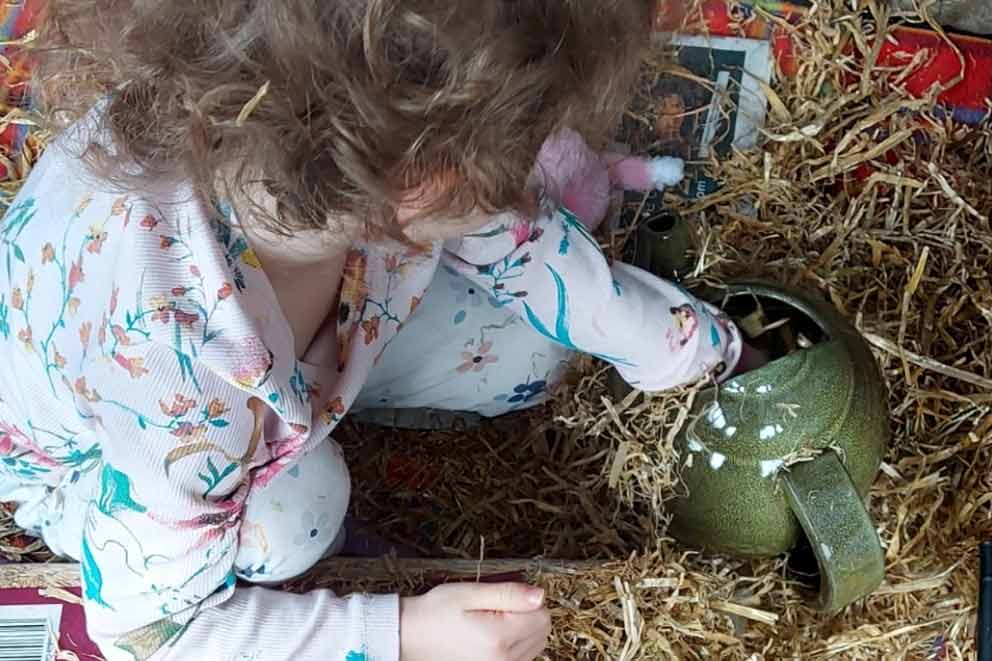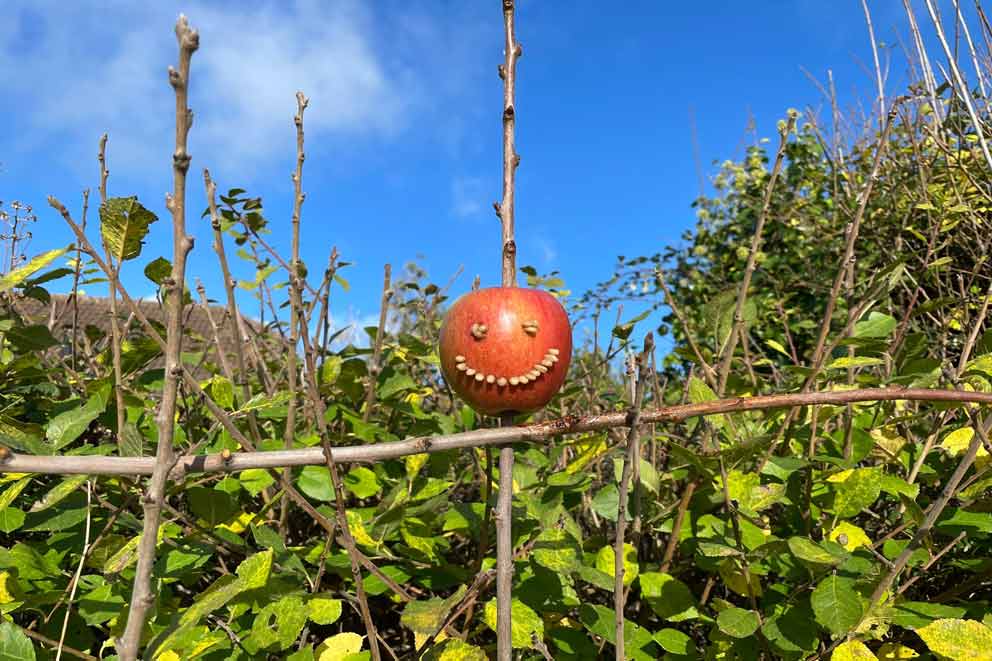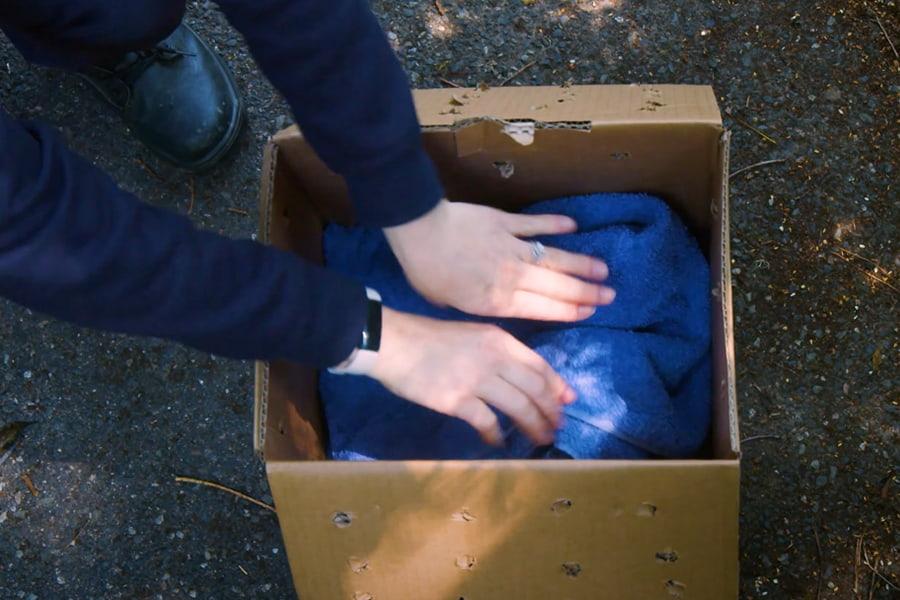- Find a Pet
- Advice and Welfare
- Ways to Give
- Get Involved
- What We Do
- Search
- My RSPCA
- Report a concern
- Gift in Wills
-
Colour modeVivid Calm
How to build a bug hotel
Learn how to build a bug hotel with our step-by-step DIY guide.
Turn your garden or outdoor space into a wildlife-friendly insect home, recycling old materials into an inviting haven for these helpful creatures.
- Suitable for: Adults, and children with their adults!
- Season: All year round

Insects are a great addition to any garden; they pollinate plants, break down compost, add nutrients to the soil, and eat pests that damage crops.
Making an insect hotel for your garden is a fun and easy way to encourage insects and pollinators, and provide them with a hotel to rest their feet (or wings) after a long day of tending to your outside space.
Or you can buy our DIY bug hotel here.
Build your bug hotel
Instructions
-
1
Insert the tubes into the container: If you’re using paper, cardboard or bark, roll them into tight tubes (you can roll paper around a pencil and pull it tight, for example), then cut them to fit the length of your container – lacewings, which eat pests like aphids, love to nestle in corrugated cardboard spirals.
If you’re using bamboo canes, use a hacksaw to cut them to the length of the container. Clear any of the blocked canes using a pencil or screwdriver.
Variation in tube sizes is good – bees like holes from 2mm to 10mm.
- 2 Pack your tubes in: Fill the entire container with tubes until they’re packed in tightly. Fill any empty spaces with twigs, dry grass or straw.
-
3
Choose a place for your container: If you’re hanging your hotel, choose somewhere high up in your outdoor space, or even on a windowsill, to entice bees and lacewings to visit.
Or place your hotel at ground level, so centipedes, beetles and other types of garden insects and arachnids can crawl inside.
A mixture of sun and shade will attract a wider range of insects.
If you have more space, you can pack more bug hotels between wooden pallets or bricks. Surround them with logs, bricks, bundles of sticks and dry grass to make your very own minibeast mansion.
What you’ll need
A snug container – like an old mug, flower pot, or the end of a clean plastic bottle
Sustainable tubes – like bamboo garden cane (cut into short and medium length pieces), hollow woody stems, cardboard tubes, corrugated cardboard, paper or bark
A hacksaw and scissors
String (if you plan on hanging your bug hotel)
Please enter a valid video URL.
The URL can point to any Facebook, Twitch, Vimeo or Youtube video.
Want to try a different style of bug hotel? Watch our standing dead wood bug tower video.

Our three-year-old daughter saw a ladybird in the garden and wanted to give it a home. We found some scrap wood, collected pinecones, and reused some broken kitchenware as a water dish. Two years later and we've already noticed more ladybirds, lacewings, and solitary bees... and less aphids on the fruit trees!

We now have more ladybirds, lacewings, and solitary bees... and less aphids on the fruit trees!

volunteer
Become a Wildlife Friend
Sign up as a volunteer to take action for wildlife in your local area, share RSPCA advice online and help us campaign for a better future for all kinds.



